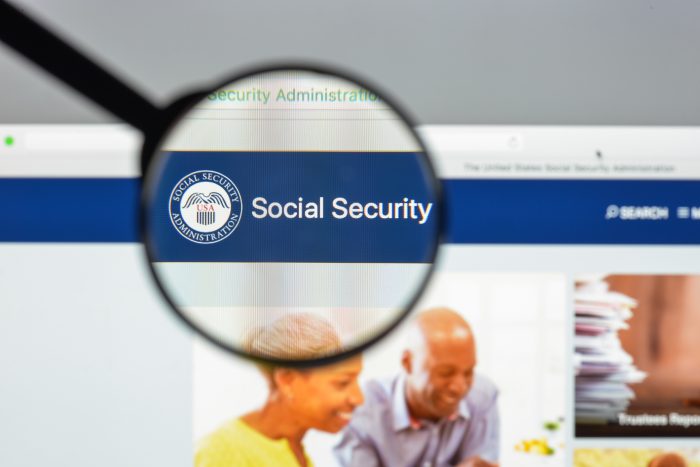Challenging the “Earned Benefit” Definition of Social Security - CATO Institute

Arguments and viewpoints on Social Security reform are increasing these days, and since we’re within a decade of the program’s financial flash point, that’s a good thing. Most who’ve been following this slow-moving train wreck are aware of the projected timeline for complete depletion of Social Security’s trust fund balances, and most understand the consequences: the across-the-board cut in benefits. This heightened awareness brings more thoughts to the table and helps stimulate debate.
Just yesterday, another substantial opinion piece entered the fray, this from respected Washington think tank CATO Institute’s Romina Boccia. In her article, posted yesterday on cato.org, Ms. Boccia takes the position that Social Security is an “income transfer” program rather than an “earned benefit” and, as such, does not constitute a personal retirement account for those who have contributed through participation in the workforce. She suggests that the notion of ownership of benefits is undermined by the ability of Congress to change the rules of the game at any time and cites a 1960 Supreme Court ruling as evidence of this absence of “property rights” related to Social Security benefits.
Ms. Boccia’s post also challenges the relationship between Social Security’s recorded revenue and the public debt, noting, “When the government collected more in payroll taxes than was needed to fund benefits, Congress spent those payroll tax surpluses as soon as the Treasury had collected them.” Consequently, she suggests that the IOUs the Treasury uses to record excess dollars as accounting-based assets constitute IOUs that “allow Social Security to call on the Treasury to provide it with additional money” when needed to pay scheduled benefits. An interesting analogy, in that the IOUs result from payroll taxes previously collected (plus accumulated interest) in the name of Social Security. The central argument is that when Treasury repays the debt to Social Security through redemption of the IOUs, there will be no recourse but to incur additional debt to pay scheduled benefits. That is why program reform becomes critical.
So, as we move steadily toward the end zone, the need for legislation to address the problems facing Social Security continues to escalate. Articles like Ms. Boccia’s–which you can read in full here–are essential ingredients to a well-rounded debate to achieve the best result for a program so critical to America;s seniors.
